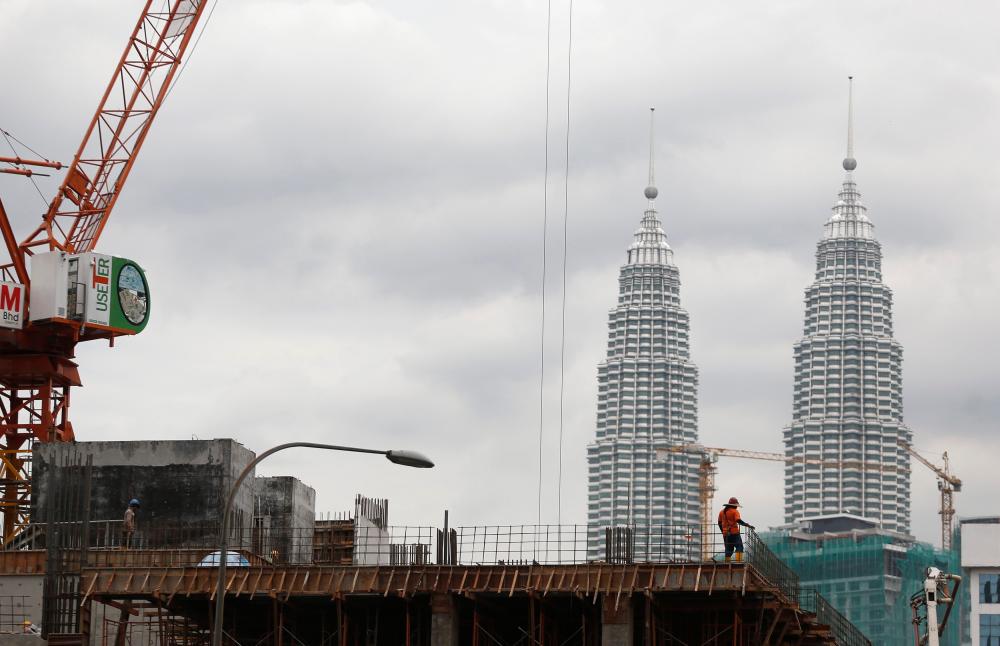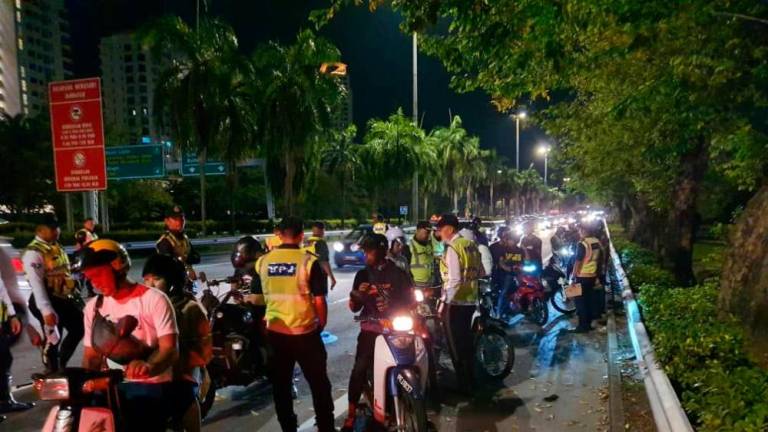PETALING JAYA: The extension of the movement control order (MCO) until April 14 as a measure to curb the rise of Covid-19 cases is expected to significantly slow the growth of the construction industry, according to a statement from Fitch Solutions.
The research arm said it estimates the sector will grow by 2.4%, down 0.9 percentage points from its previous forecast of 3.3%.
“A prolonged MCO could put contractors, especially smaller ones, into financial distress, due to the lack of cash flow. This could eventually have a snowball effect on the construction industry, where projects delayed by the MCO could face further delays due to contractor insolvency.
“The ability of the government to provide large scale support to the economy through fiscal stimulus is also limited, as pointed out by our country risk team. As such, we believe that the growth of Malaysia’s construction sector is at high risk of a further slowdown in the event the pandemic worsens,” it said.
As part of the MCO, the Works Ministry has imposed stop-work orders on all construction sites, except for certain work-in-progress projects that have received permission from the Public Works Department and the Department of Occupational Safety and Health.
Prime Minister Tan Sri Muhyiddin Yassin had also earlier pledged to continue all major infrastructure projects included in the 2020 budget, including the East Coast Railway Link Project and the Mass Rapid Transit Line 2 (MRT2).
Meanwhile, in a separate statement, Fitch Solutions said the imposition of strict movement restrictions and business closures on key South-East Asian countries to stem the rapid spread of Covid-19 will severely impact vehicle sales in 2020.
It has revised down Malaysia’s total vehicle sales forecast, now expecting sales to contract by 7.7% in 2020 versus its previous estimate of a 2.3% increase over the same period.
Passenger car sales are expected to lead the declines posting an 8% drop, whereas commercial vehicles will decline by a relatively more moderate 5% over the same period.
“The closure of vehicle dealerships across the country as part of the nationwide shutdown will cause a significant reduction in sales. Furthermore, waning economic sentiment prior to the coronavirus outbreak amid high levels of household indebtedness will further undermine a significant uptick in passenger vehicle sales in 2020.
“However, commercial vehicle sales will fare better as soon as economic activity is restored as construction activity related to the Belt And Road Initiative shores up demand for the segment,” it said.













